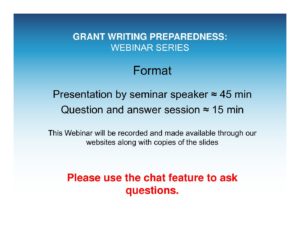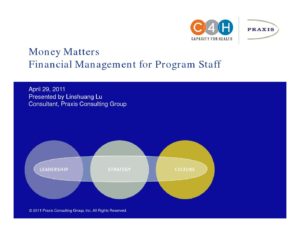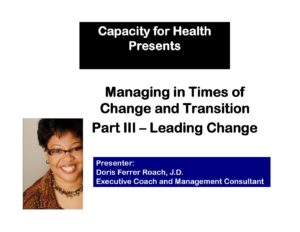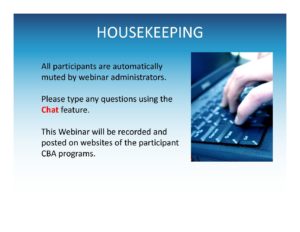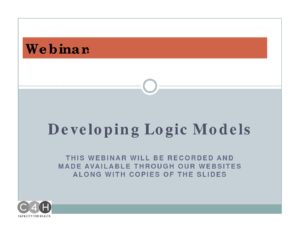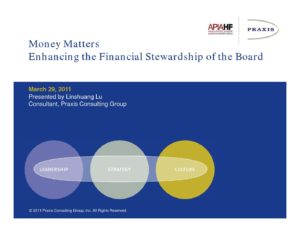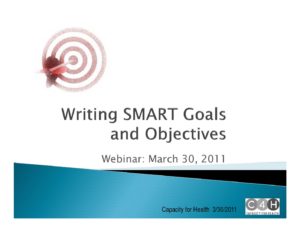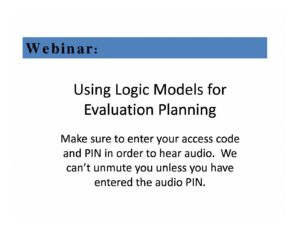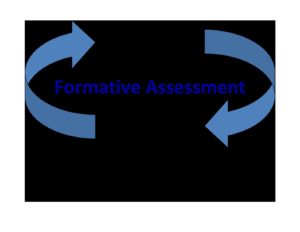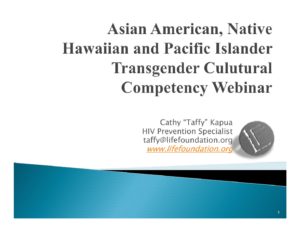
Webinar: Transgender Cultural Competency
PresentationRecording and presentation slides of the Transgender Cultural Competency webinar that took place on July 20, 2011 This webinar is hosted by Capacity for Health (C4H), in partnership with C4H’s subcontractor, Life Foundation in Honolulu, and is an interactive knowledge and skill building presentation designed to increase the cultural competency of service providers who work…

